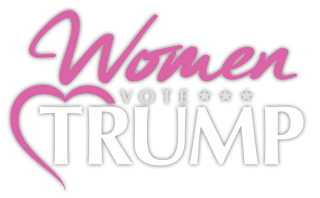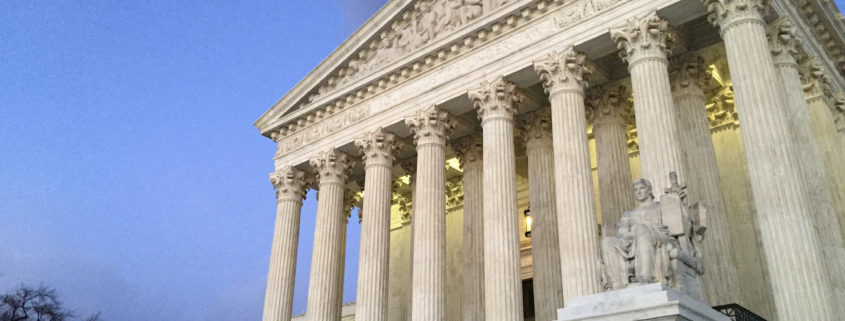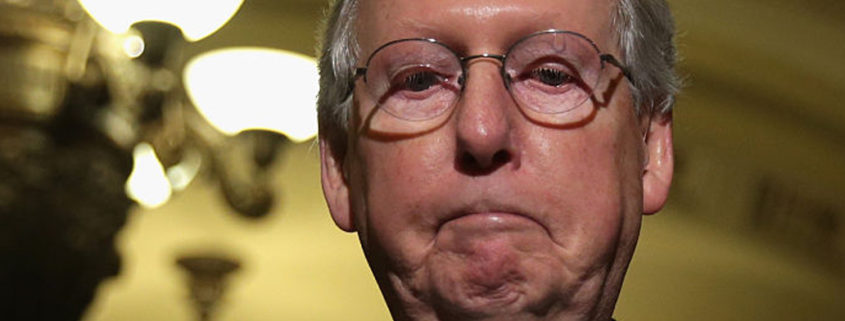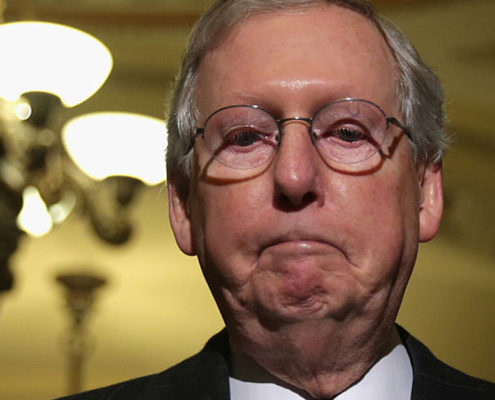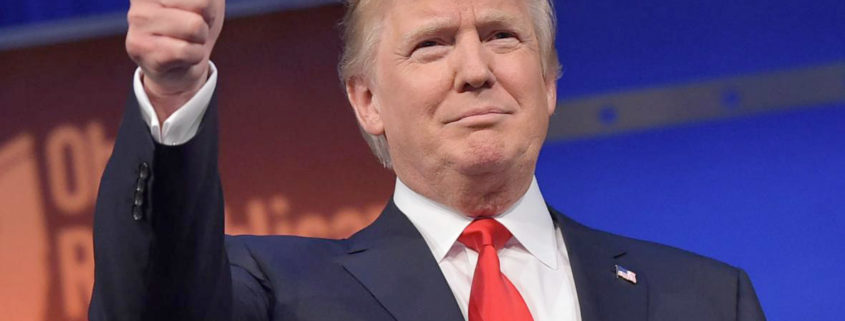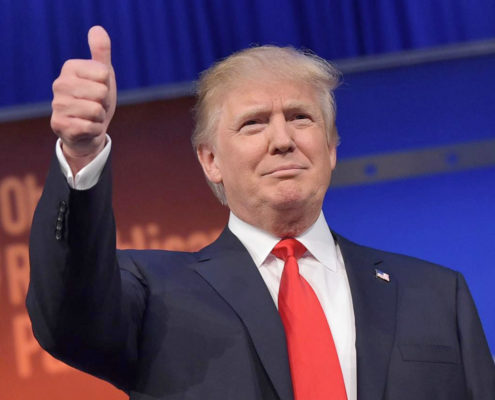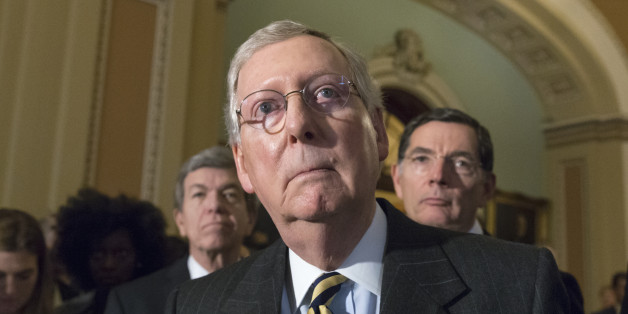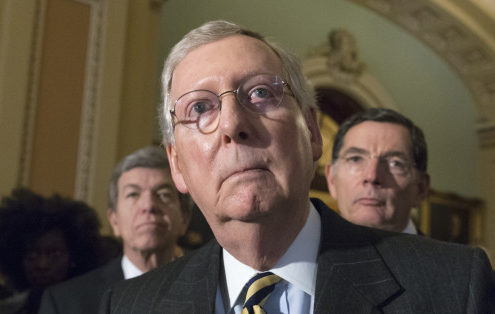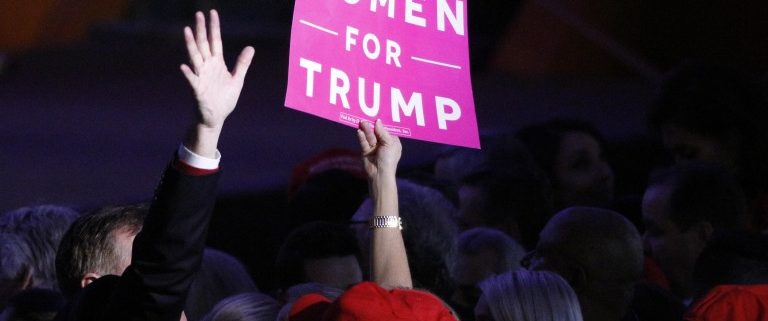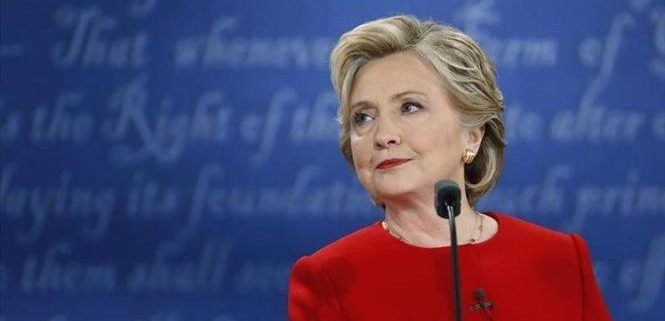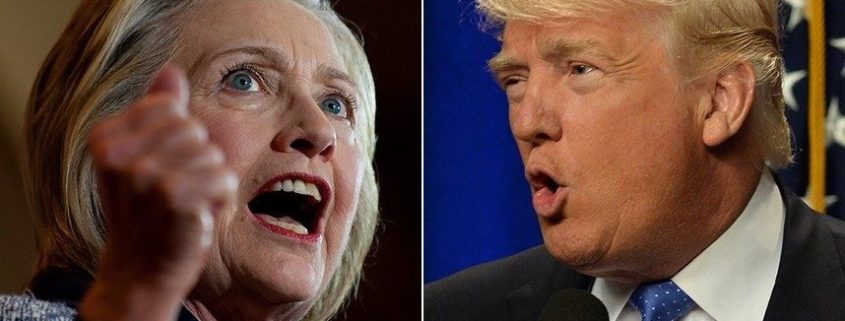If you’re an immigrant who was unlawfully brought to America as a child, you might be one of the more than 600,000 young adults registered under DACA, or the Deferred Action for Childhood Arrivals. President Trump has flip-flopped on whether he will undo the executive action that then-President Obama used to create the program, but now Texas has threatened to sue if Trump doesn’t undo the action. What’s the future look like for DACA? McClatchy White House correspondent Franco Ordoñez explains. Natalie Fertig –McClatchy
Trump aides plot a big immigration deal — that breaks a campaign promise
Anita Kumar
August 22,2017
Donald Trump’s top aides are pushing him to protect young people brought into the country illegally as children — and then use the issue as a bargaining chip for a larger immigration deal — despite the president’s campaign vow to deport so-called Dreamers.
The White House officials want Trump to strike an ambitious deal with Congress that offers Dreamers protection in exchange for legislation that pays for a border wall and more detention facilities, curbs legal immigration and implements E-verify, an online system that allows businesses to check immigration status, according to a half-dozen people familiar with situation, most involved with the negotiations.
The group includes former and current White House chiefs of staff, Reince Priebus and John Kelly, the president’s daughter, Ivanka Trump, and her husband, Jared Kushner, who both serve as presidential advisers, they said. Others who have not been as vocal publicly about their stance but are thought to agree include Vice President Mike Pence, who as a congressman worked on a failed immigration deal that called for citizenship, National Security Adviser H.R. McMaster and Gary Cohn, a Democrat who serves as director of the National Economic Council.
“They are holding this out as a bargaining chip for other things,” said Ira Mehlman, a spokesman with the Federation for American Reform, a group that opposes protecting Dreamers and is in talks with the administration.
On the other side, a smaller group — including Attorney General Jeff Sessions and his former aides, Stephen Miller, who serves as Trump’s senior policy adviser, and Rick Dearborn, White House deputy chief of staff — opposes citizenship, according to sources familiar with the discussions.
“He getting conflicting advice inside, and that’s caused hesitation,” said
Rosemary Jenks, director of government relations of Numbers USA, a group that opposes protecting Dreamers and is in talks with the administration. “Obviously president doesn’t want to make a decision but he has to.”
Miller was ordered not to brief the president on the issue in recent months, according to two of the people. A former campaign and transition aide, Miller has briefed Trump many times on Dreamers so his views are not unknown, but the president has a tendency to side with the last person who speaks to him and Kelly, who became chief of staff three weeks ago, has kept a tight watch on who gets to talk to Trump.
“The president knows where Stephen Miller stands,” said a former Trump adviser familiar with the situation who asked for anonymity. “It was discussed in the primary and general election. A new conversation is not going to change anything.”
The 5-year-old program launched by the Obama administration and known as DACA — Deferred Action for Childhood Arrivals — protects young people brought into the country illegally as children by their undocumented parents from deportation and allows them to attain work permits.
Ten states, led by Texas, have threatened to sue the U.S. government if it does not end the program by Sept. 5. They sent a letter, signed by nine Republican attorneys general and one Republican governor, from states including Kansas, South Carolina and Idaho. Another 20 states, led by California Attorney General Xavier Becerra urged Trump to refuse that request.
During the presidential campaign, Trump repeatedly said he would end the deferred deportation policy, calling it “amnesty” and an abuse of the president’s powers. But after inauguration, he not only failed to act but pledged to treat Dreamers with “great heart.”
“DACA is a very, very difficult subject for me,” he said in February. “To me, it’s one of the most difficult subjects I have because you have these incredible kids, in many cases not in all cases. In some of the cases they’re having DACA and they’re gang members and they’re drug dealers too. But you have some absolutely incredible kids, I would say mostly.”
Some Trump aides express similar compassion for the Dreamers — roughly 800,000 immigrants currently protected by the Obama-era program — while others fear opposing the popular policy could lead to backlash with voters, business executives and donors.
The administration has continued to allow Dreamers to apply for the program and even renew their permits — at nearly the rate of the Obama administration — much to the dismay of some of his own supporters who want him to make good on his campaign promise.
Groups that support stronger enforcement are nervous about what they describe as “strong forces” from within the White House and throughout the administration that support protections for Dreamers. “That is why the anti-amnesty forces are very nervous about it,” said a source familiar with the discussions. “What’s going to happen?”
In June, the administration rescinded another Obama immigration program — Deferred Action for Parents of Americans and Lawful Permanent Residents, often called DAPA — that allowed parents in the country illegally with children who were citizens or legal residents to be receive renewable work permits.
The program — which could have affected up to 4 million people — had never gone into effect after an appeals court halted its implementation. Kelly, then the secretary of Homeland Security, decided to rescind the DAPA memo “because there is no credible path forward to litigate the currently enjoined policy.”
That decision signaled to advocates on both sides of the issue that while Trump plans to proceed with some of the immigration proposals that powered his 2016 campaign he may not want to rescind DACA.
“When they did not pull the (DACA) memo, many took it a positive sign of the president’s intention as it relates to Dreamers,” said Rob Jesmer, a Republican strategist who has long sought an immigration overhaul and works with FWD.us, an initiative created by Facebook founder Mark Zuckerberg that is pushing to save DACA. “Frankly, I think his comments and actions show he wants to find a fair and equitable solution.”
Numerous polls this year show support for immigration at record highs with more Americans, including those who backed Trump, favoring a path to legal status for immigrants rather than deportations. Seventy-eight percent of registered voters said Dreamers should be allowed to remain in the United States, according to a Morning Consult poll in April.
Notably, that includes 73 percent of Trump voters.
Trump and his aides are eager for accomplishments while his presidency has been bogged down in multiple controversies, including investigations into the Trump team’s connections to Russian operations that meddled in the 2016 presidential election.
“It’s smart for them to use it,” said a Republican who is close to the White House. “If they could use it for a win, that would be good thing.”
Republicans, who control both the White House and Congress for the first time in 10 years, failed to repeal and replace the Affordable Care Act — their top priority — and a major immigration deal could be even more difficult.
While Republicans leaders have expressed willingness to begin spending money on a border wall, other pieces of what the White House wants, including curbing legal immigration and implementing e-verify, are unpopular. Some Republicans think that the White House is overly optimistic about the deal it can get done, especially after Trump spent August openly berating Senate Majority Leader Mitch McConnell of Kentucky and Sen. John McCain of Arizona.
Continue reading.
